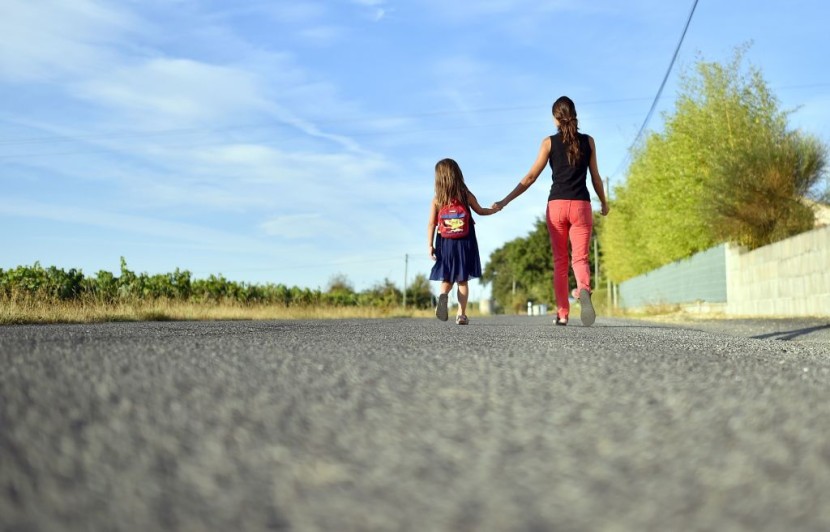Some parents lie to their children to make them obedient or at least put them in line as part of their parenting method. However, this would allow children to become liars themselves when they grow up.
According to research by the International Journal of Psychology, roughly 84% of American parents said that they have lied to their children to control their behavior or encourage compliance. However, researchers in Singapore indicated that lying—no matter how innocent—might actually be distorting their children's moral compass.
The Singaporean study published in the Journal of Experimental Child Psychology analyzed 564 parents and their children aged between 11 and 12 to find out how parental lies could influence their child's behavior.
"We focused on pre-adolescents (i.e. 11 and 12 years of age), a period when children's concepts of lying become more sophisticated, with notable implications for their adjustment," the researchers wrote.

Lying Parents Raise Liar Children
Singapore's Nanyang Technological University said in a statement that the study also looked at two types of lies - instrumental and white.
"Instrumental lies are used to get a child to comply when they are misbehaving, for example, a parent threatening to call the police if the child is being naughty," the university said in a statement.
Meanwhile, white lies have been told to instill positive emotions. In their study, the researchers assessed parental use as well as children's belief in their parents' lies and their own lying behavior.
"This is the first study to examine the unique contributions of different types of parental lies in conjunction with children's belief in parental lies to understand their implications for children's lying," the researchers added.
They also found that children were more likely to believe instrumental lies compared with white lies. And when they realized they were being lied to, children were more likely to lie back to their parents as a result.
"White lies may be motivated by good intentions, but if children realize they have been lied to, this can also lead to lying from the child," the study's principal researcher Peipei Setoh.
Exposure to instrumental lies, meanwhile, was associated with an increase in lying behavior among children, regardless of whether they believed their parents' lies.








